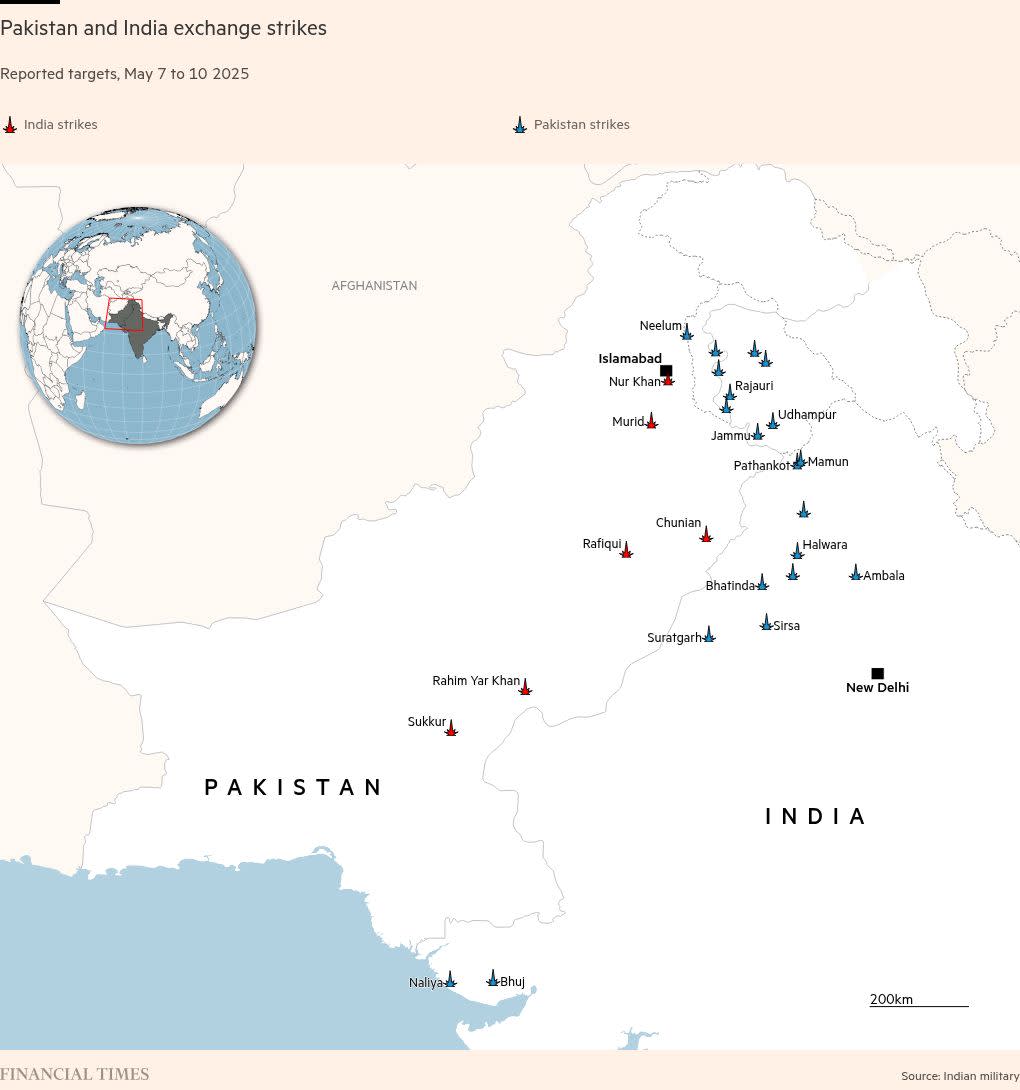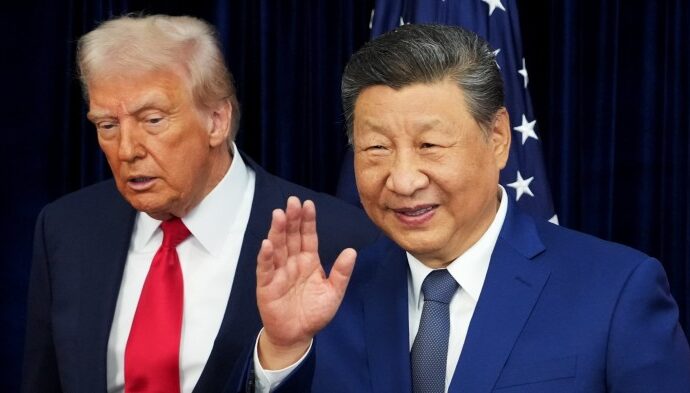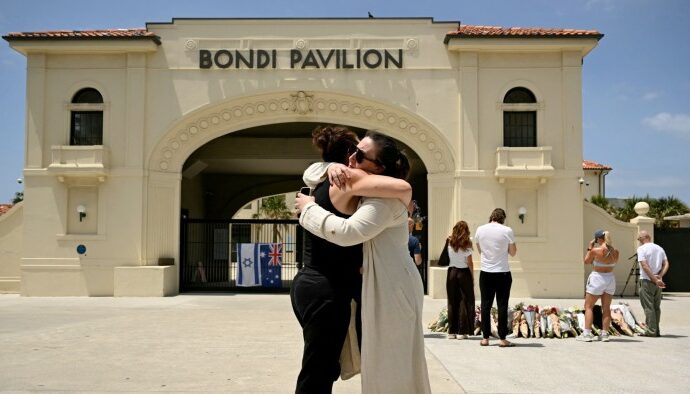Unlock the Editor’s Digest for free
Roula Khalaf, Editor of the FT, selects her favourite stories in this weekly newsletter.
India’s Prime Minister Narendra Modi has said his country has proved its military “superiority” in clashes with Pakistan that brought the nuclear-armed neighbours to the brink of war.
In a triumphant televised address on Monday that came as his first public comments since India launched air attacks on Pakistan last week, Modi also warned that New Delhi had “drawn a new line” for Islamabad and that it had “only suspended” its military operation.
India and Pakistan last week launched missiles, drones and artillery fire into each other’s territories, targeting military installations and areas far beyond their traditional theatre of battle in the contested region of Kashmir.
“We have defeated Pakistan every time on the battlefield,” Modi said, clenching his fist. “India has proved its superiority in the new age of warfare.”
Both countries are portraying themselves as the winners of the military exchanges. Pakistan’s Prime Minister Shehbaz Sharif said in an address to the nation on Sunday said his country had won a “historic victory” against India.
The Indian prime minister made no mention of Pakistan’s claims to have shot down five of the county’s fighters at the beginning of the conflict last week. Indian Air Marshal Awadhesh Kumar Bharti on Sunday declined to confirm or deny the jets were shot down, but said “losses are part of a combat” and all Indian pilots were “back home”.
India and Pakistan agreed a ceasefire on Saturday, calling a halt to a four-day conflict that India painted as an essential showdown with a country it accuses of supporting cross-border terrorism.
Pakistan said it was acting in justifiable defence and denied any role in the killing of 26 civilians in Pahalgam in Indian-administered Kashmir in April.
Analysts said Modi’s speech was likely to be effective in appealing to his nationalist political base, which had been calling for revenge for the killings in Pahalgam.
“Generally, any sort of conflict with Pakistan has a rally-around-the-flag effect,” said Rahul Bhatia, India analyst at the Eurasia Group. “Nothing really enthuses the Indian population more than a war with Pakistan or a conflict with Pakistan.”
Modi claimed Pakistan had “started looking for ways to escape” ahead of the ceasefire. “Therefore, when Pakistan appealed and said that it will not indulge in any sort of terror activities or military audacity further, India considered it.”
On Sunday, Sharif described Pakistan as the victim of an “unjustified war” waged by India using the massacre of tourists at Pahalgam as a pretext. Pakistan’s military said India had requested opening a military-to-military channel after New Delhi launched strikes on Wednesday, and that Islamabad only agreed when it delivered “retribution” on Saturday.
Modi accused Islamabad of being a “government sponsoring terrorism” adding that India’s military operation “has carved out a new benchmark in our fight against terrorism and has set up a new parameter and new normal”.
The Indian prime minister said New Delhi would only talk to Islamabad on issues related to terrorism and what India calls Pakistan-occupied Kashmir.
Modi’s comments came hours after US President Donald Trump claimed to have used trade to pressure both sides to back down from “nuclear war”. New Delhi is locked in talks with Washington it hopes will fend off Trump’s threat to impose a 26 per cent US tariff on Indian goods.
“I said: ‘C’mon, we are going to do a lot of trade with you guys, let’s stop it . . . If you don’t stop it, we’re not going to do any trade,’” Trump said at the White House on Monday. “All of a sudden, they said: ‘I think we’re going to stop.’”
Indian officials said there was no mention of trade in conflict-related discussions between India and the US over the weekend.
Additional reporting by Jyotsna Singh in New Delhi and Humza Jilani in Islamabad



